Trump Presidency
Capitol Hill Deadlock Pushes U.S. Into First Shutdown Since 2019
The US federal government officially shut down at midnight after weeks of gridlock on Capitol Hill. Lawmakers failed to pass a funding bill, resulting in the first government shutdown in six years. At the heart of the standoff: a fierce dispute over extending enhanced Affordable Care Act (ACA) subsidies, which Republicans want to delay and Democrats refuse to abandon.
Obamacare Subsidies at the Center of the Fight
The expanded premium subsidies, first introduced under a 2021 COVID relief package, helped more than 24 million Americans afford coverage in 2025. Without action, premiums could soar an average of 75% in 2026, according to KFF. Democrats argue that preserving the subsidies is a lifeline for working families. Republicans counter that Democrats should agree to a short-term extension without conditions and negotiate later.
Senate Votes Reveal Cracks in Party Unity
As the shutdown loomed, several moderate Democrats — including Sens. Catherine Cortez Masto (NV), Angus King (ME), and John Fetterman (PA) — crossed party lines to support a GOP stopgap funding bill. Others, like Sens. Jeanne Shaheen and Maggie Hassan of New Hampshire, ultimately adhered to Senate Minority Leader Chuck Schumer’s strategy to block the measure and force immediate negotiations on healthcare.

Capitol Hill Deadlock: US Federal Government First Shutdown Since 2019 under Donald Trump
Trump Administration Threatens Permanent Cuts
President Donald Trump and his budget office have signaled they may use the shutdown to shrink the size of government permanently, alarming Democrats. “Of course we’re concerned about lasting damage,” Sen. Sheldon Whitehouse (D-RI) told CNN. Republicans, however, say Democrats are holding the government hostage over subsidies.
🚨 BREAKING – PRESIDENT TRUMP ON GOVERNMENT SHUTDOWN: “When you shut it down, we’d be laying off a lot of people! And they’re gonna be DEMOCRATS.” 🔥
“A lot of good can come from shutdowns. We can get rid of a lot of things that we didn’t want.” 🤣pic.twitter.com/2ZoKgorwm2
— Eric Daugherty (@EricLDaugh) September 30, 2025
Impact on Federal Workers and Public Services
Roughly 750,000 federal employees — earning about $400 million daily — could be furloughed, according to the Congressional Budget Office. Essential workers such as TSA agents and air traffic controllers will stay on the job but without pay until the impasse ends, raising the risk of airport delays.
Social Security, Medicare, and Medicaid payments will continue, and veterans’ medical care will not be interrupted. However, programs such as the GI Bill Hotline, cemetery maintenance, and some assistance for transitioning service members will be paused. The Smithsonian museums and National Zoo will remain open through October 6 using leftover funds, while access to more than 400 national park sites remains uncertain.
Folks — this is not a normal government shutdown.
Let me explain the stakes and how we got here. pic.twitter.com/nVjXHbbghI
— Robert Reich (@RBReich) October 1, 2025
A Nation Waiting for Resolution
As GOP leaders vow to force repeated votes on their short-term funding bill, pressure mounts on both parties to compromise. Schumer maintains that Republicans will be blamed for “bringing the government to a halt,” while moderates in both parties hint at back-channel talks. Until then, millions of Americans face delayed services, missed paychecks, and a cloud of uncertainty.



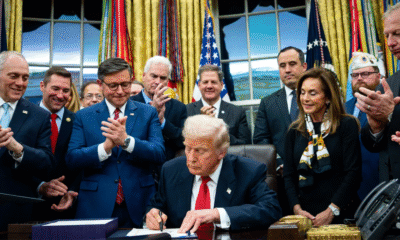
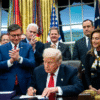








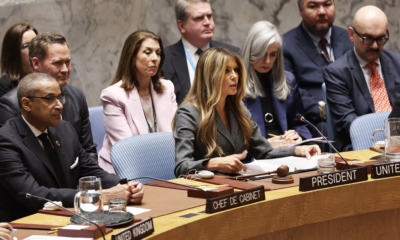



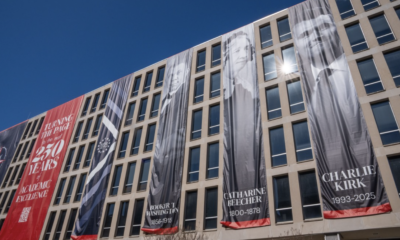







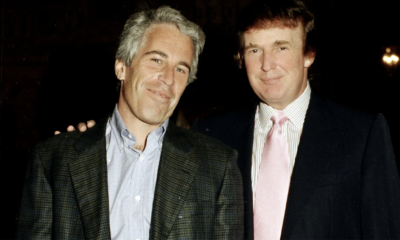

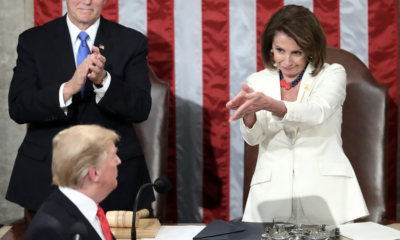

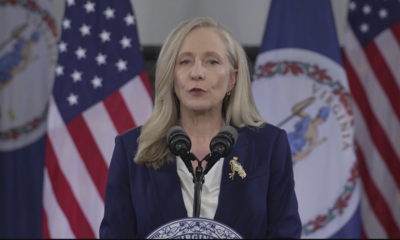

































Pingback: Senate Breaks Six-Week Stalemate: Trump Shutdown Ending?
Pingback: Trump Signs to End 42-Day Government Shutdown, Obamacare?